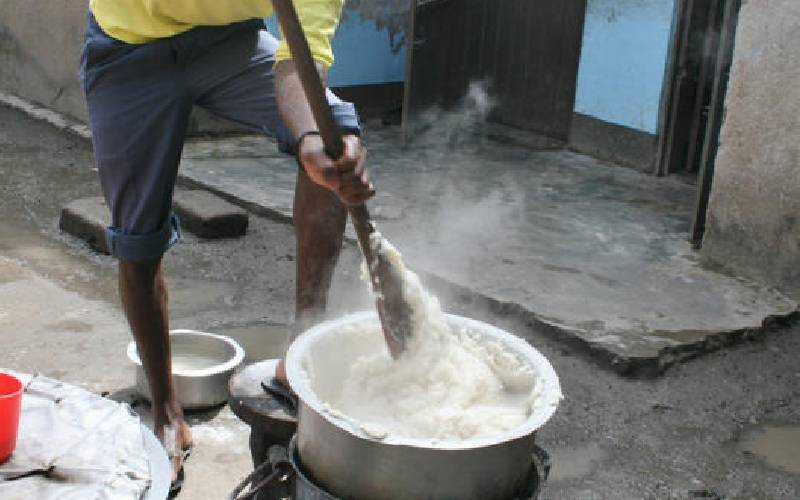×
The Standard e-Paper
Stay Informed, Even Offline

With the next maize harvest expected three months from now, an acute shortage of the product has hit the North Rift region, the country’s grain basket, posing a food security crisis.